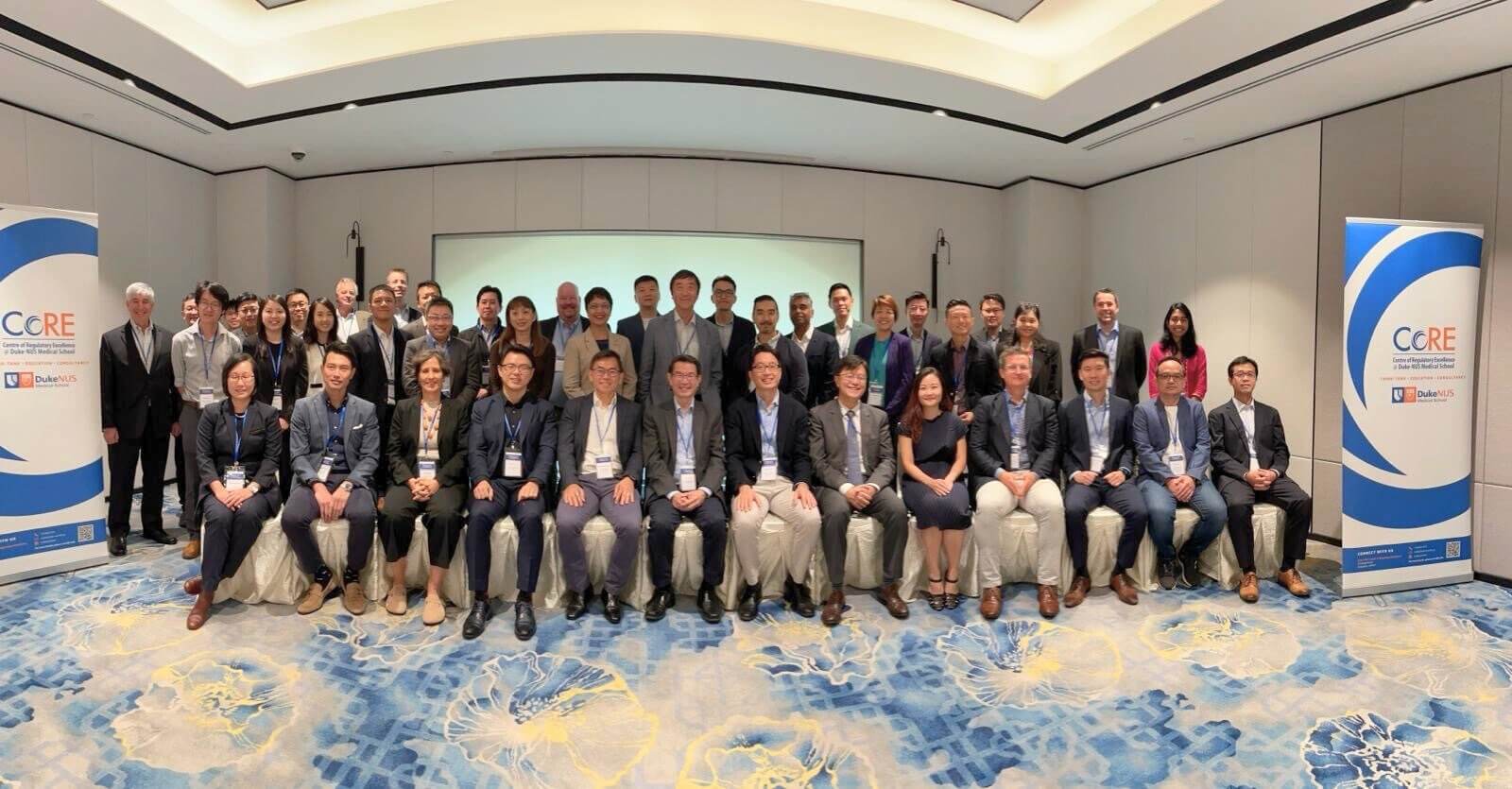Exploring AI in Healthcare: Key Takeaways from the MOH-CoRE Roundtable
Singapore MOH and Duke-NUS CoRE recently held a multi-stakeholder Roundtable on AI Governance in Healthcare. Being invited as HealthAI to represent the global voice amongst other local and international experts was a privilege. Singapore is among the forerunners in recognizing a need for collaboration and synergies locally, regionally, and globally to regulate AI in health. It was encouraging to see the diverse stakeholders invited to the table, including regulators, clinicians, developers, academia, the private sector, legal representatives, patient representatives, and international organizations. This aligns with HealthAI’s belief that partnerships and a global community are the way forward to help shape discussions around the regulation of AI in health.

Challenges and Opportunities in Regulating AI in Health
While AI can improve health, it also brings some challenges. Use cases from Singapore, both from the public and private sectors, were shared to contextualize the discussions on potential ways to address patient safety while allowing innovations to grow. Being a leader in this field, Singapore experts pointed out challenges we are hearing from other global partners we have talked to. Issues around ethical principles, harmonization of global efforts, data privacy, equity and bias, explainability, and accountability, to name a few, were brought up to make sure that AI in health is responsible, transparent, effective, and includes everyone. It’s like how doctors promise to do no harm—they also want to ensure AI does no harm.
Being the national authority for regulating AI as medical devices, the Health Sciences Authority (HSA) in Singapore pointed out real-world challenges, too:
- For regulators: Many people aren’t aware of HSA’s regulations, and many developers don’t know what regulations to follow.
- For the MedTech industry: There’s a need for guidelines that can quickly adapt to new changes, given the rapidly evolving nature of AI technology.
- For healthcare institutions: It’s important to be able to check and report how well AI solutions work to understand the real impact of AI on health outcomes.
These challenges showed us the struggles that Singapore faces, even as an advanced country, regarding regulatory considerations, let alone other low- and middle-income countries. It is imperative to work together to strengthen the governance and regulation of AI in health to build trust, advance equity, and deliver on the potential of emerging technologies.
The group also reviewed existing frameworks and approaches such as regulating software as a medical device, the use of “regulatory sandbox” which lets new technologies be tested safely, and “regulatory reliance” which speeds up approval for AI solutions already approved elsewhere. The pros and cons of different regulatory approaches, such as legislation versus guidelines, were also debated. For me, being a part of this conversation reiterated the diversity and nascency of regulation for AI in health. Reflecting on the variations in regulatory approaches, we support the importance of understanding local contexts to ensure the suitability and applicability of these frameworks and approaches. HealthAI believes in building local capacities to empower governments and communities to co-establish regulatory mechanisms to validate AI solutions in health.
Moving Forward: The Importance of Community Building
We are thrilled to hear that the commitment of HealthAI to ensure safe, quality, equitable, and effective AI solutions in health to improve the health and well-being of all resonated with Singapore and other international experts. This meeting was just the beginning, with more discussions planned for the second part of the year to dive deeper into these topics. Working together is key to creating a future where AI can help save lives.
As we move forward, this spirit of working together and community is important. We’re stronger together—across countries and sectors. It allows us to combine our strengths and innovate faster, which is crucial for regulating AI in health so it can truly make a difference in people’s health. Our shared commitment is to harness this potential to improve health outcomes worldwide.
That’s why HealthAI is creating a Community of Practice. The CoP brings together organizations from across sectors to help inform the regulation of AI in health. You can join by applying to the HealthAI Community of Practice. Visit HealthAI Community of Practice to learn more and get involved.
Photos: © Yi-Roe Tan and MOH-CoRE, 2024. Used with permission.
Reach Out to Us
We're here to help improve and we want to hear from you.
Got a question or an idea? Want to work with us? Fill out this form, and we'll get back to you quickly.
